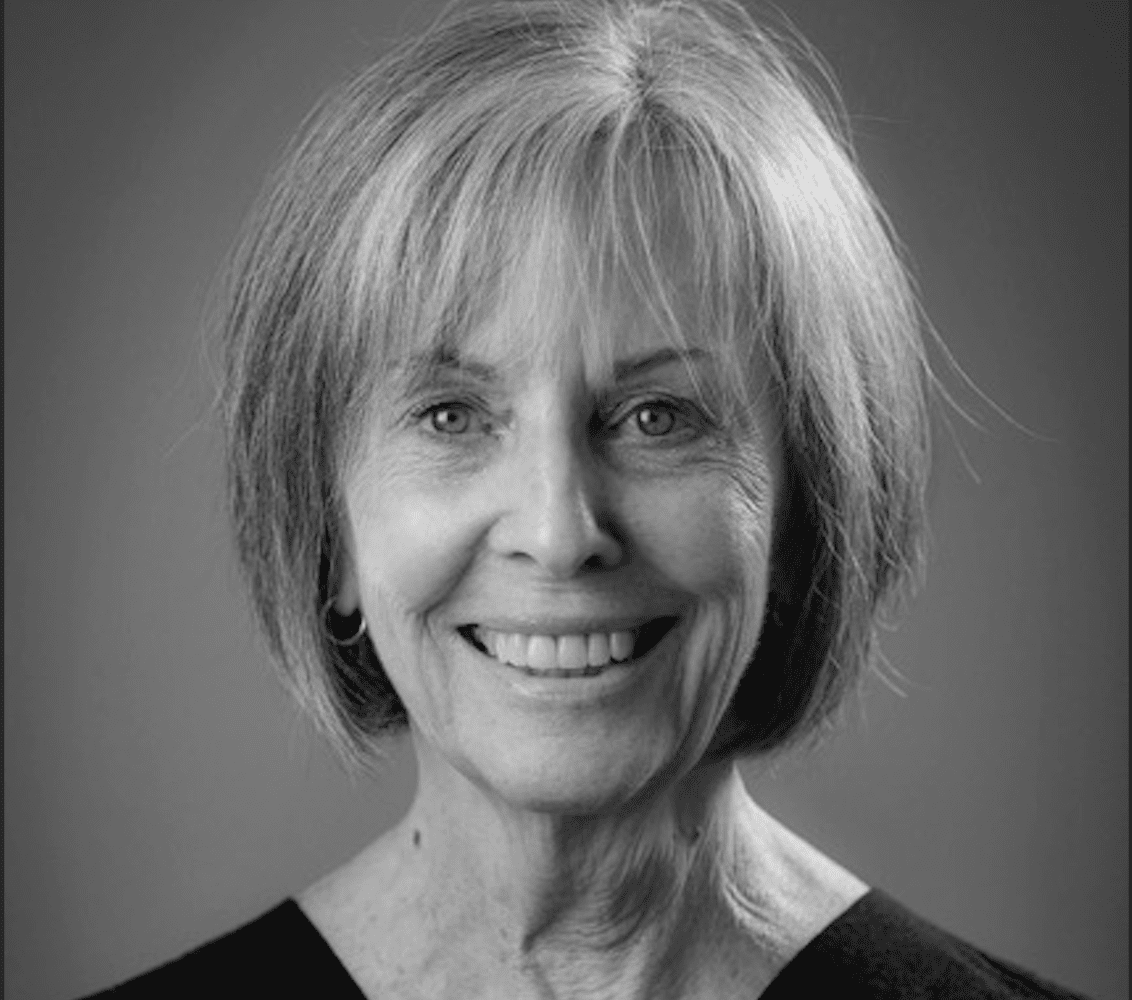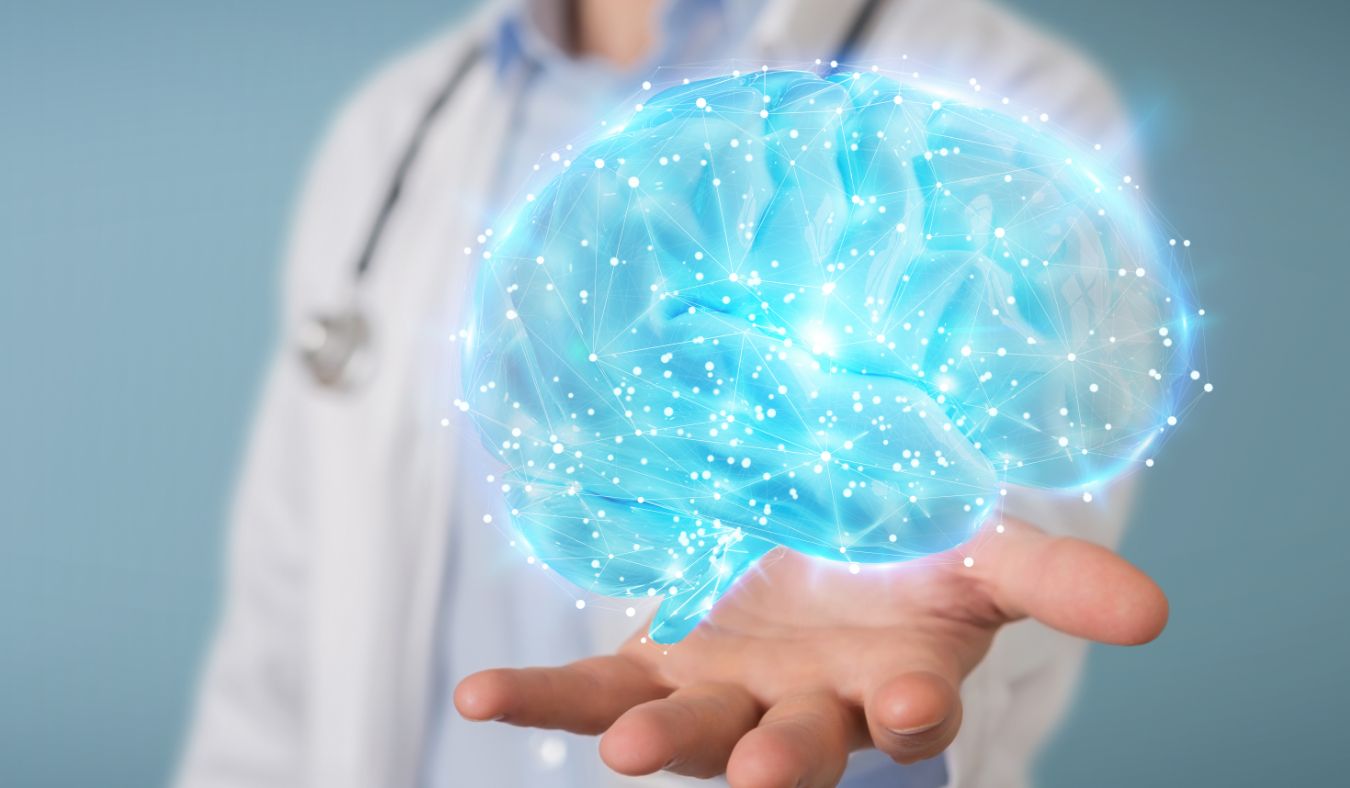‘Tis the Season
Ahhh, yes….the holidays. And we’re hard of hearing. The mere image of


Ahhh, yes….the holidays. And we’re hard of hearing. The mere image of

There is a lot of information swirling around out there about the

My first reaction to the unpleasant results of my first serious hearing